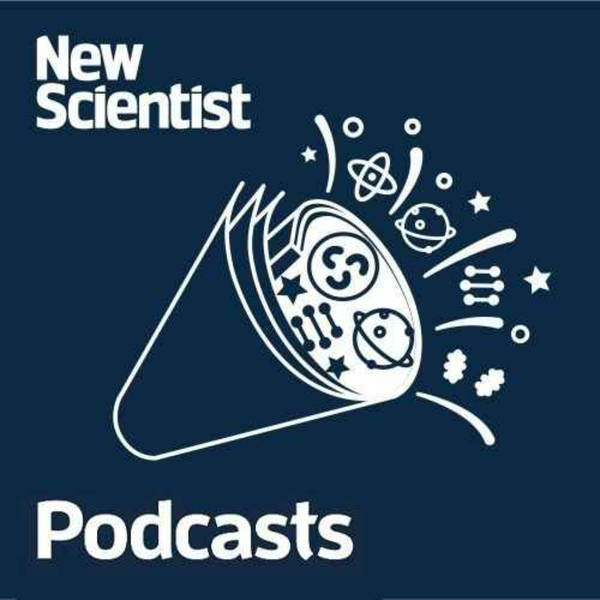
Weekly: Cheaper cures for many diseases; How to understand the superconductor ‘breakthrough’; Hear a star twinkle
New Scientist Weekly #208
Better and cheaper treatments for everything from sickle cell disease to ageing should come as a result of a new technique for delivering mRNA to blood stem cells. The technique has been adapted from the technology in mRNA covid-19 vaccines and could even be used for doping in sport.
Controversial claims of a superconductor that works at room temperature and pressure have ignited heated discussion this week. Such a finding would be revolutionary, with implications for transport, medical science and even nuclear fusion. But is it too early to celebrate this new discovery?
Scientists are scrambling to save coral in the Florida Keys, where record sea temperatures are threatening the entire ecosystem. The coral and their symbiotic algae are being moved using a “coral bus” to off-shore nurseries in the hope of reestablishing them after the heat wanes. Genetic research could be instrumental in saving the reefs.
Ever wondered what a star’s twinkle sounds like? Astronomer Evan Anders has developed a new way of modelling the movement of gases inside stars, giving us a glimpse (with our ears) at how they are built on the inside, how they spend their lives and evolve…
Most of us are heavy-handed when it comes to estimating the weight of our… hands, something researchers have struggled to put their finger on. The strange phenomenon, where we misjudge the weight of our own body parts, could have an evolutionary explanation.
Hosts Christie Taylor and Sam Wong discuss all of this with guests Michael Le Page, Karmela Padavic-Callaghan, Sofia Quaglia and Jason Murugesu. To read about these subjects and much more, you can subscribe to New Scientist magazine at newscientist.com.
Hosted on Acast. See acast.com/privacy for more information.
